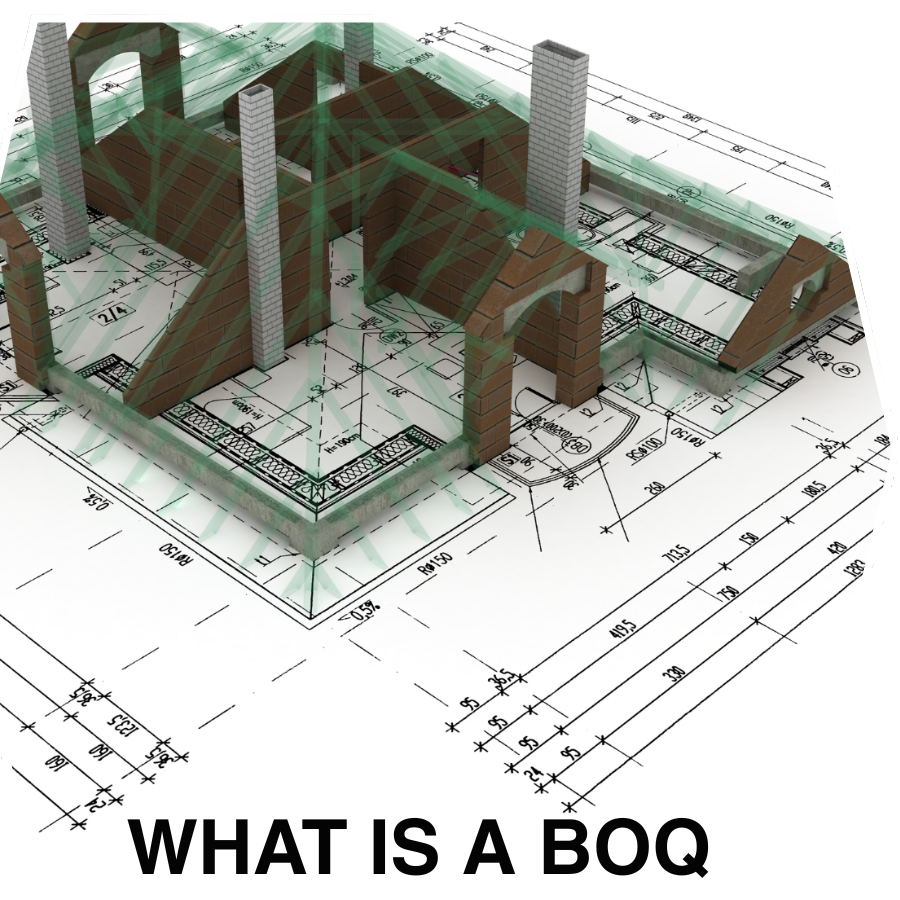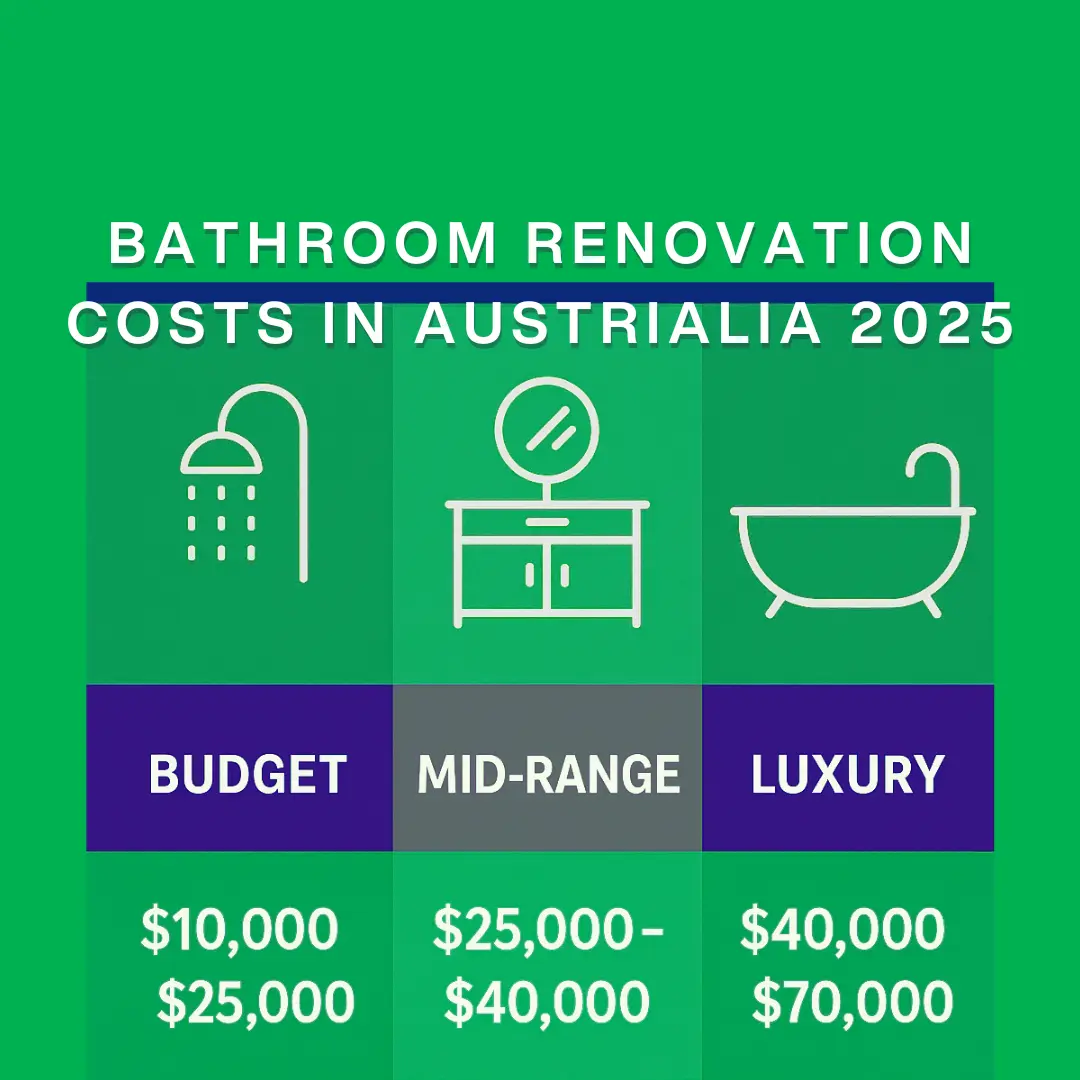Estimators play a critical role in industries like construction, manufacturing, and engineering, where project cost control is paramount. They are the professionals responsible for calculating the expenses and resources required for completing a project. Accurate cost estimation directly affects profitability and project success, making the estimator’s job essential to the planning and budgeting processes. Below, we’ll dive into the essential functions, duties, and necessary skills of an estimator, offering insights into their responsibilities and why their expertise is indispensable to any project.
1. Understanding the Role of an Estimator
The role of an estimator revolves around assessing, planning, and forecasting the financial and resource needs for a project. Estimators analyze project requirements, review specifications, and work closely with project managers, clients, and suppliers to determine accurate cost assessments. They use data, experience, and estimation software to evaluate every component necessary for a project, from materials and labor to logistics and potential risks.
2. Key Responsibilities of an Estimator
Estimators take on a variety of tasks throughout the project lifecycle. Their main responsibility is to provide a realistic picture of project costs, ensuring financial efficiency without compromising quality or timelines. Here are some core duties estimators perform:
- Cost Analysis: Evaluating costs for materials, labor, equipment, and other resources.
- Budget Preparation: Drafting initial budgets based on client needs, project scope, and industry standards.
- Bid Preparation and Management: Creating competitive bids for project tenders.
- Project Feasibility Studies: Assessing the project’s financial feasibility and advising stakeholders accordingly.
- Risk Analysis: Identifying potential financial risks and creating strategies to mitigate them.
These responsibilities allow companies to make informed decisions, helping to streamline project execution and prevent costly surprises.
3. Core Duties of an Estimator: A Closer Look
Estimators perform several duties, from cost calculation to ongoing project evaluations. Let’s break down these primary tasks:
A. Project Analysis and Feasibility Assessments
Before estimators can start evaluating costs, they must fully understand the project requirements and goals. This includes a review of plans, drawings, specifications, and environmental factors. By collaborating with architects, engineers, and other stakeholders, estimators gain a complete picture of the project scope, which informs their cost estimates.
B. Preparing Detailed Cost Estimates
The most critical duty of an estimator is to prepare accurate cost estimates. This involves calculating the quantities of materials, labor hours, and equipment needed. Estimators rely on historical data, industry trends, and software tools to generate detailed projections. Accuracy in this stage is crucial, as any miscalculations could impact the project’s profitability.
C. Managing Bid Preparation and Submission
For companies bidding on projects, the estimator’s role is central. Estimators prepare comprehensive bid proposals that include cost estimates, timelines, and scope of work. They must ensure that the bid is competitive while still profitable, striking a balance between attracting clients and maintaining financial feasibility. Estimators often oversee the submission of bids, answer client queries, and make revisions if necessary.
D. Conducting Risk and Contingency Analysis
Estimators must identify potential risks that could impact project costs, such as delays, material shortages, or environmental challenges. By conducting a risk assessment, they can recommend contingency plans, including budget buffers, to mitigate these challenges. This risk foresight helps avoid budget overruns and project delays.
E. Tracking Project Progress and Revising Estimates
Once a project is underway, estimators continue to track costs, comparing actual expenses against their initial estimates. If significant deviations occur, they revise cost forecasts and work with project managers to adjust budgets or timelines as needed. This ongoing analysis helps keep projects on track and within budget.
4. Essential Skills and Qualities of a Successful Estimator
Estimators require a blend of technical knowledge, analytical skills, and attention to detail. Here are the top skills needed to excel in this role:
- Mathematical Proficiency: Strong skills in mathematics are essential for calculating costs and evaluating complex data.
- Attention to Detail: Accuracy is crucial in estimation, as minor errors can lead to significant financial impacts.
- Analytical Thinking: Estimators need to analyze vast amounts of data and predict outcomes based on patterns and industry insights.
- Communication Skills: Clear communication with clients, managers, and team members is essential, as estimators often work across departments and negotiate with suppliers.
- Technical Knowledge: Familiarity with industry standards, construction practices, and estimation software is vital for accurate forecasting.
5. Common Tools and Technologies Used by Estimators
Estimators rely on various tools and technologies to streamline their work and enhance accuracy. Software solutions help estimators manage complex calculations, generate reports, and organize project data efficiently. Here are some common tools:
- Estimation Software: Programs like PlanSwift, Bluebeam, and ProEst assist in calculating costs, organizing resources, and managing budgets.
- Building Information Modeling (BIM): BIM technology allows estimators to view detailed project models, offering a better understanding of material needs and spatial layouts.
- Spreadsheet Software: Microsoft Excel and Google Sheets are often used to organize data, create templates, and track expenses.
- Database Tools: These tools help estimators access historical data on project costs, which informs current estimations.
6. The Importance of an Estimator’s Role in Project Management
Estimators work closely with project managers, providing them with a solid financial framework to plan and execute projects. Accurate estimates allow managers to allocate resources effectively and develop realistic schedules. An estimator’s cost analysis also helps project managers make informed decisions that prevent budget overruns and timeline delays, thereby ensuring smooth project progression.
7. How Estimators Contribute to Profitability and Client Satisfaction
By providing realistic budgets, estimators help clients understand project costs upfront, allowing for transparent communication about expenses. This fosters trust between the company and clients, resulting in better client satisfaction. Estimators also contribute directly to a company’s profitability by avoiding budget overruns and ensuring that projects are completed within financial constraints.
8. Career Path and Advancement Opportunities for Estimators
Estimators often begin their careers as junior estimators or assistants, gradually advancing to senior estimator roles as they gain experience. With further expertise, many estimators transition to project management, cost engineering, or even executive positions such as Chief Estimator. Continuous learning and specialization in specific industries, such as civil engineering or manufacturing, can also open doors to higher-paying roles and leadership positions.
9. The Educational Path to Becoming an Estimator
A degree in construction management, engineering, or a related field is commonly required to enter the profession. Coursework in mathematics, cost analysis, and project management lays a strong foundation for aspiring estimators. Certifications, like those from the American Society of Professional Estimators (ASPE), are valuable for demonstrating expertise and increasing job opportunities.
10. The Role of Certifications in an Estimator’s Career
Professional certifications enhance an estimator’s credibility and expertise. Certifications such as the Certified Professional Estimator (CPE) or the Project Management Professional (PMP) offer validation of an estimator’s skills, often leading to higher earning potential and advancement opportunities.
11. Challenges Faced by Estimators and How to Overcome Them
Estimators face challenges such as fluctuating material costs, tight deadlines, and unpredictable project changes. To overcome these, estimators must stay updated on industry trends, build strong supplier relationships, and refine their risk management strategies. Adopting new technologies and developing flexible estimation models also helps them manage uncertainties effectively.
12. The Impact of Technology on Estimation Practices
Technology has transformed the way estimators work, making cost calculations more accurate and efficient. Cloud-based estimation software allows for real-time collaboration, while BIM software enhances accuracy in material assessments. Machine learning algorithms are also beginning to play a role, helping estimators analyze historical data and improve forecasting accuracy.
13. The Future of the Estimation Profession
As projects become more complex and client demands increase, the role of an estimator is expected to grow. Technological advancements in artificial intelligence and data analytics will likely redefine the estimation process, making it more efficient and precise. Estimators who keep pace with these changes will be well-positioned for future career growth.
14. Qualities That Set Exceptional Estimators Apart
In addition to technical skills, qualities like adaptability, persistence, and curiosity help estimators excel in their roles. Exceptional estimators not only calculate costs accurately but also foresee potential challenges, communicate effectively, and make proactive adjustments that benefit the project and stakeholders alike.
15. Final Thoughts on the Role and Duties of an Estimator
Estimators are more than just number-crunchers—they’re strategic planners and essential team members who drive project success through cost management and foresight. Their expertise in cost analysis, budgeting, and risk management enables companies to deliver projects on time, within budget, and to the client’s satisfaction. The profession offers a challenging yet rewarding career for those who are detail-oriented, analytical, and skilled in financial planning. As industries continue to evolve, the role of estimators will only become more critical, offering excellent career opportunities for those with the right skills and dedication.
Frequently Asked Questions (FAQs)
Q1: What industries require estimators?
Estimators are needed in various industries, including construction, manufacturing, engineering, aerospace, and more. Any sector that involves project management, budget planning, and resource allocation can benefit from an estimator’s expertise.
Q2: What qualifications do I need to become an estimator?
Typically, a bachelor’s degree in construction management, engineering, or a related field is required. Certifications, such as Certified Professional Estimator (CPE), can enhance job prospects and credibility in the field.
Q3: How does an estimator handle unpredictable cost fluctuations?
Estimators monitor market trends and work with suppliers to mitigate the impact of price fluctuations. They also incorporate contingencies in budgets to cover unexpected cost increases, helping to prevent budget overruns.
Q4: What software do estimators use?
Estimators commonly use tools like PlanSwift, Bluebeam, and ProEst for cost estimation, as well as BIM software for more complex projects. Microsoft Excel is also widely used for data organization and calculation.
Q5: How does an estimator differ from a quantity surveyor?
While both roles involve cost estimation, a quantity surveyor typically focuses on managing project costs from start to finish, often handling cost management during construction. An estimator, however, is primarily responsible for initial cost calculations before project commencement.











